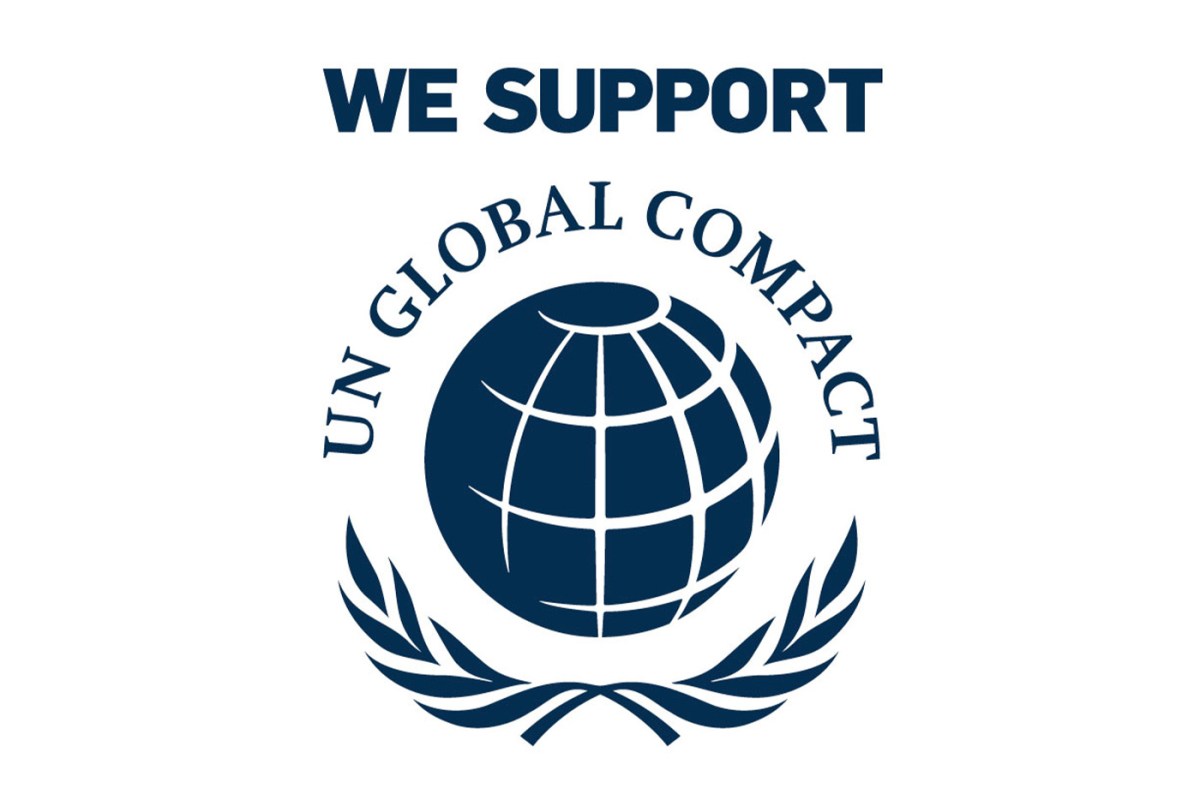Heidelberg has joined the United Nations Global Compact, an initiative aimed at sustainable and responsible corporate governance.
The company says joining the Compact underlines its commitment to aligning its corporate strategy with the United Nations Global Compact’s 10 sustainability principles. These cover human rights, labour standards, environmental protection, and anti-corruption.
Ludwin Monz, chief executive at Heidelberg, says, “We see our participation in the United Nations Global Compact as a logical step in our efforts to have the smallest ecological footprint along the entire value chain in our industry.
“The company has already actively promoted environmental protection and social responsibility in the past and will further strengthen these efforts by becoming part of the United Nations Global Compact.”
The company sees sustainability as part of its strategic orientation. It says this forms a basis for long-term economic success. Tis means harmonising business activities with ecological aspects and fair working conditions. The company has committed itself to climate neutrality at its production, development and sales sites by 2030.
It has given priority to increasing energy efficiency, reducing carbon dioxide emissions and substantially increasing the share of in-house electricity production through renewable energies.
Heidelberg commissioned the Group’s largest photovoltaic system at its Amstetten site in September of this year. The company says that any remaining carbon dioxide emissions that cannot be avoided by means of optimisation measures will be neutralized in the future by means of voluntary compensation.
Before joining the United Nations Global Compact, Heidelberg implemented many different measures to support the sustainability principles. It has bunded these in its sustainability strategy. It provides regular information on the status and ongoing activities in the Group’s non-financial statement and in the United Nations Global Compact progress report.
The United Nations Global Compact, launched in 2000 based on 10 universal principles and 17 sustainable development goals. It pursues the vision of an inclusive and sustainable economy. More than 21,000 companies and organisations in over 160 countries have signed up to the United Nations Global Compact.


